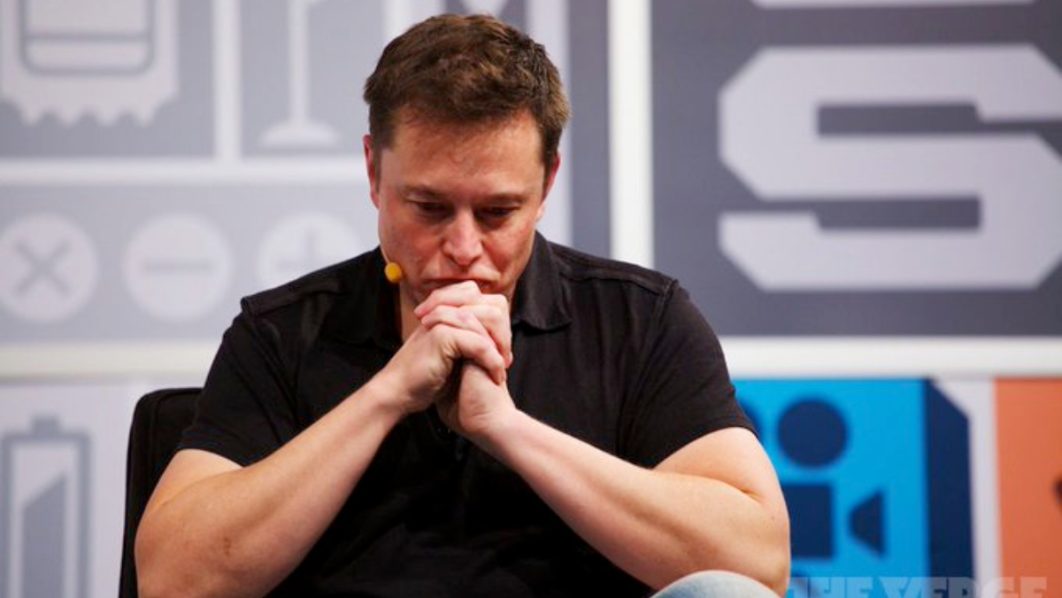
• Firm to launch service logo this week
Barring any last-minute change, Mafab Communications may have kept to its promise of January roll out of the Fifth Generation (5G) network service in Nigeria as the firm would by the end of this week, unveil its network logo in Lagos.
Sources within the industry, who are conversant with this development, told The Guardian on Sunday that after the unveiling of the new logo, Mafab, which began test running the network late December 2022, is expected to begin service.
Recall that MTN Nigeria and Mafab Communications won the 5G licenses on December 13, 2021, after emerging both as winners of the 3.5GHz spectrum auction conducted by the Nigerian Communications Commission (NCC) in Abuja. They both coughed out $547.2 million licence fee to the Federal Government by February 24, 2022.
The Information Memorandum (IM) for the 5G spectrum auction mandated August 2022 roll out of the service in Nigeria, with MTN commencing the service on a pilot basis in August 2022 and expanding commercially by September 2022. Today, MTN has connected over 81 locations in Lagos, currently connecting Abuja, Port Harcourt, Ibadan, Kano, Owerri, and Maiduguri.
At that time, Mafab had asked for a five-month extension from the NCC. Mafab had in a statement, said it has been issued a five-month extension following the delays in receiving its unified operational licence (USAL) and numbering plan, which did not happen until the end of July 2022.
The statement quoted the Chairman, Mafab Communications Limited, Dr. Mushabu Bashir as saying: “We are fully committed to bringing the benefits of 5G services to Nigerians and deploying a network that will drive economic development with increased broadband capabilities nationwide. I have no doubt that the service will help deliver improvements in the fields of education, business, smart cities and entertainment.
“The goal remains to launch before the five-month extension period, and we will be sharing more information in the near future.”Though Mafab mode of operation is still sketchy, hopefully this should be clearer later in the week after the unveiling of the service, but available information showed that the firm has launched 5G services on some sites, especially in Lagos.
Information has it that Mafab will largely use existing infrastructure from IHS towers and if need be ATC Nigeria Wireless Infrastructure Solutions as well.
Explaining some of the modalities, a reliable source within the industry told The Guardian that unlike in 2001 when the telecoms revolution started in Nigeria without any infrastructure on ground, which subsequently necessitated the need for the likes of Econet, MTN and others to start building infrastructure afresh, “now there are telecoms infrastructure in the country and co-location has made things very easy. A new player may not build a tower; all that is required will be to collocate with the existing operator and roll out service. All Mafab needs will be to use the services of Towercos that are already in the country, and I think IHS has invested hugely in that area. Services can move from one cell-site to another, and services begin.”
IN a related development, Elon Musk’s Starlink has connected to the Internet Exchange Point of Nigeria (IXPN). This connection is expected to enable it to begin local routing of its traffic in Nigeria ahead of full-blown satellite broadband service.
An Internet exchange point (IXP) is a physical infrastructure that allows several Internet Service Providers (ISPs), Content Providers and other IP Centric Organizations to exchange Internet traffic between their networks (autonomous systems) both locally and internationally.
In Nigeria, there are four exchange points, which are Lagos, Abuja, Port Harcourt and Kano. Checks showed that Starlink is listed on the Lagos exchange point, which has players including MTN, Globacom, Airtel, Google, Facebook, Broadbased Communications, Smile Communications, China Telecom, among others.
The Nigerian IXP is the regional exchange point for West Africa after it was selected by the African Union in 2019. The significance of the regional status is that with many IXPs in Africa exchanging intra-country traffic locally and intra-regional traffic being exchanged regionally, this would reduce latency and save costs by eliminating the international transit through overseas carriers. It would also positively impact content delivery in Nigeria.
Musk Starlink appears to be on the high side as its hardware currently cost is fixed at $600 (about N438, 000 at the parallel market rate), while monthly subscription is pegged at $43 (about N31, 000).
Follow our socials Whatsapp, Facebook, Instagram, Twitter, and Google News.








